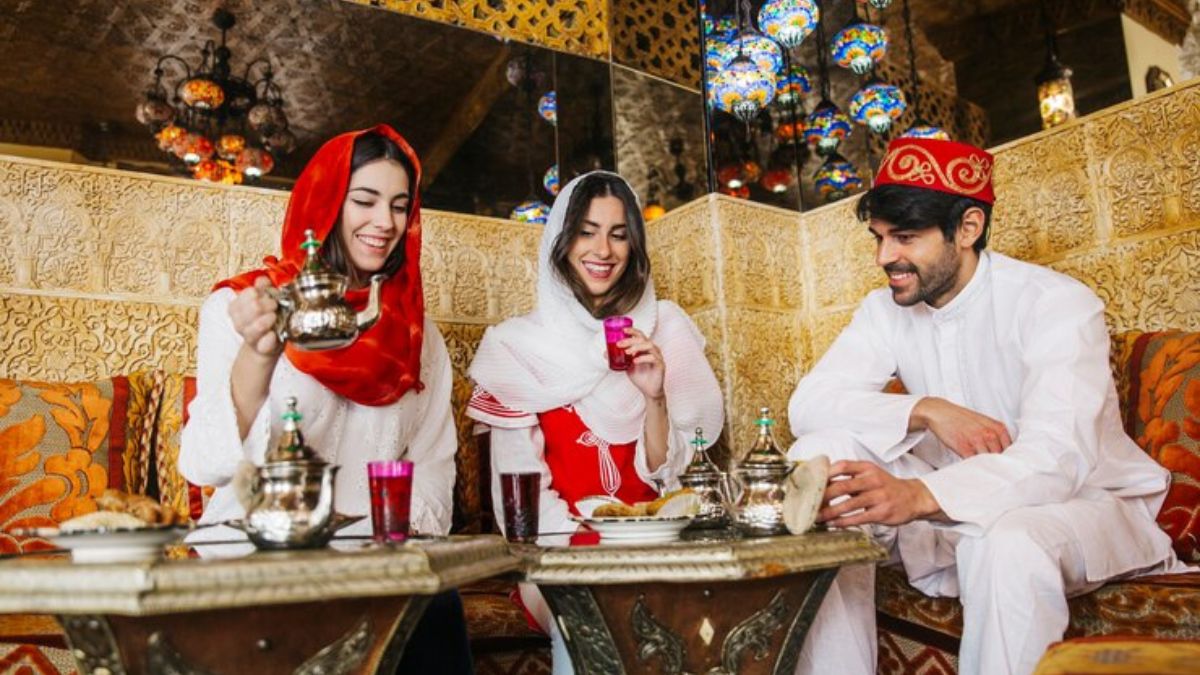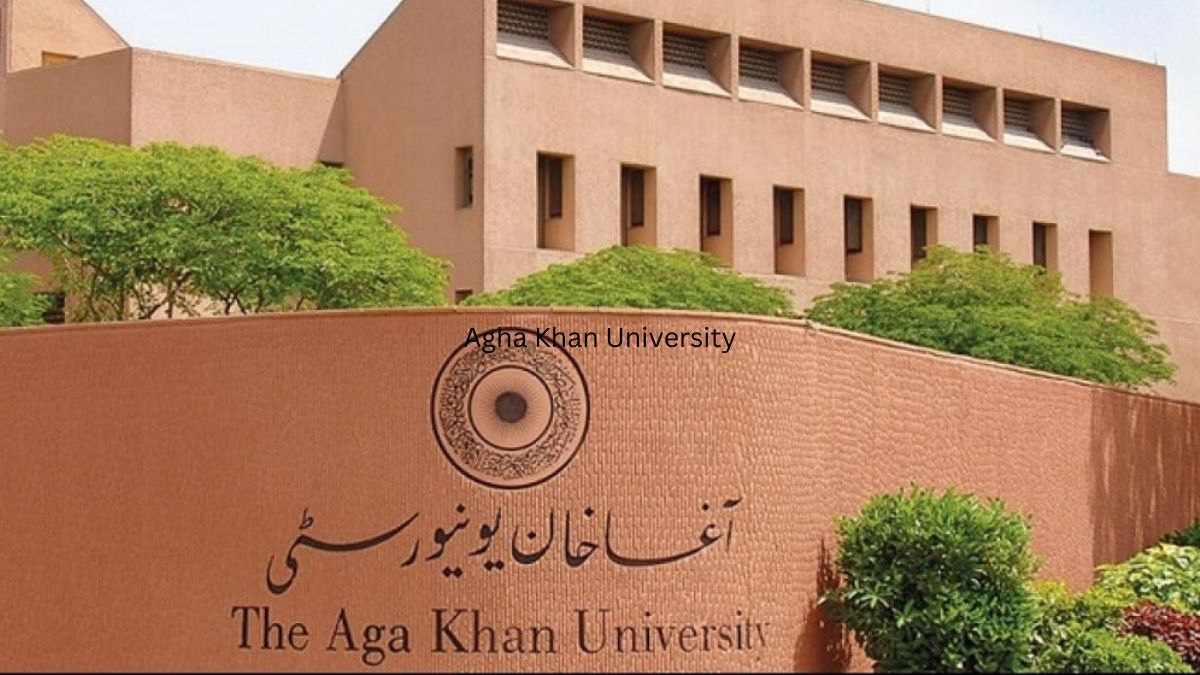Welcome to the enchanting world of Masqlaseen, where rich traditions and customs are woven into the very fabric of daily life. This vibrant culture holds a treasure trove of rituals that have been passed down through generations, shaping the identity of its people. Join us on a journey as we uncover the top 10 traditions and customs that make Masqlaseen truly unique and captivating. Get ready to immerse yourself in a tapestry of hospitality, spirituality, and celebration unlike any other!
The Importance of Traditions and Customs
Traditions and customs are the threads that weave the cultural tapestry of a society, giving it depth and richness. They serve as a bridge between generations, passing down values, beliefs, and practices from one era to the next. In Masqlaseen, these traditions hold a special significance in preserving the heritage and identity of its people.
They provide a sense of continuity in an ever-changing world, grounding individuals in their roots and connecting them to their community. These customs often reflect the core values of respect, hospitality, and family unity that are deeply ingrained in Masqlaseen society.
By honoring these traditions, Masqlaseen not only celebrates its past but also shapes its future. The rituals associated with weddings or the observance of Ramadan serve as reminders of shared history and collective experiences. Embracing these customs fosters a sense of belonging and strengthens social bonds within the community.
In essence, traditions act as guiding lights that illuminate the path forward while anchoring individuals to their cultural heritage.
Top 10 Traditions and Customs of Masqlaseen
Masqlaseen is a land rich in culture and traditions that have been passed down through generations. One of the most cherished customs in Masqlaseen is the tradition of welcoming guests with dates and coffee. This gesture symbolizes hospitality and friendship, showcasing the warmth of the Masqlaseen people.
Traditional clothing holds significant importance in Masqlaseen society, with Thobes for men and Abayas for women being commonly worn attire. These garments not only reflect cultural identity but also embody modesty and elegance.
Daily prayers are an integral part of life in Masqlaseen, with the call to prayer echoing through cities and villages five times a day. The devotion to prayer demonstrates the strong spiritual connection within the community.
During Ramadan, Muslims in Masqlaseen observe fasting from dawn till dusk as a way to practice self-discipline and empathy towards those less fortunate. The month culminates in joyous celebrations marking Eid al-Fitr, known as the Festival of Breaking Fast.
Another sacred tradition deeply ingrained in Masqlaseen culture is Hajj – the pilgrimage to Mecca undertaken by devout Muslims at least once in their lifetime if able. This journey symbolizes unity among believers from all walks of life gathered together for a common purpose.
Weddings are grand affairs filled with colorful festivities, music, dance, and feasting that bring families together to celebrate love and new beginnings. Each ceremony reflects unique customs blending traditional rituals with modern influences creating unforgettable memories for all involved.
The vibrant tapestry of traditions woven into everyday life showcases the rich heritage and values upheld by Masqlaseens across generations. These customs serve as pillars that uphold societal norms fostering unity, respect for elders, family bonds while preserving cultural identity amidst a rapidly changing world.
– Welcoming Guests with Dates and Coffee
Masqlaseen hospitality is deeply rooted in the tradition of welcoming guests with dates and coffee. As soon as visitors step into a Masqlaseen household, they are greeted with warm smiles and offered these symbolic treats as a gesture of hospitality and respect. Dates represent abundance and prosperity, while coffee signifies friendship and generosity.
The act of serving dates and coffee is not just a ritual; it’s a way to connect with others on a personal level. It creates an atmosphere of warmth and comfort, allowing guests to feel at home even when they are away from their own.
This timeless custom showcases the importance that Masqlaseen people place on building relationships and fostering connections. Whether it’s a formal gathering or an impromptu visit, offering dates and coffee sets the tone for meaningful interactions filled with laughter, stories, and shared moments.
So next time you find yourself being welcomed with dates and coffee in Masqlaseen style, savor the flavors but also appreciate the rich cultural significance behind this simple yet profound gesture.
– Traditional Clothing: Thobes and Abayas
The traditional clothing of Masqlaseen holds a significant cultural value, reflecting the rich heritage and customs of the region. Thobes, commonly worn by men, are long white robes made from lightweight fabric ideal for the hot climate. The simplicity and elegance of thobes embody modesty and tradition.
On the other hand, abayas are long flowing garments worn by women often in black or dark colors. These loose-fitting outer garments cover the body entirely while still allowing for movement and comfort. Abayas come in various styles with intricate embroidery or embellishments that showcase individual flair while adhering to cultural norms.
Both thobes and abayas symbolize respect for tradition and faith within Masqlaseen society. By embracing these traditional garments, locals honor their heritage while showcasing a sense of unity through shared attire choices at gatherings or special occasions.
– Daily Prayers and the Call to Prayer
In Masqlaseen, daily prayers hold a special place in the hearts of the people. The call to prayer, known as Adhan, resonates through the air five times a day, reminding everyone to pause and connect with their faith.
The rhythm of daily life is punctuated by these moments of reflection and devotion. Families and communities come together in mosques or at home to pray, fostering unity and spiritual growth.
Each prayer time marks a sacred opportunity for individuals to seek solace, guidance, and gratitude. It’s a chance to center oneself amidst the hustle and bustle of everyday routines.
The act of praying not only strengthens one’s relationship with the divine but also serves as a reminder of humility and mindfulness in all aspects of life. The echoes of prayers reverberate throughout Masqlaseen, weaving a tapestry of spirituality that binds its people together.
– Ramadan: Fasting and Celebrations
During the holy month of Ramadan in Masqlaseen, fasting is a significant part of daily life for Muslims. From sunrise to sunset, individuals refrain from eating and drinking as an act of devotion and self-discipline. This practice fosters empathy for those less fortunate and encourages spiritual reflection.
In the evenings, families come together to break their fast with Iftar meals that typically start with dates and water, followed by a spread of traditional dishes. These gatherings strengthen bonds within the community and reinforce the values of unity and generosity.
The atmosphere during Ramadan is filled with a sense of peace and spirituality as people engage in extra prayers, recitations from the Quran, and acts of charity. Mosques are adorned with beautiful decorations, creating a serene ambiance for worshipers.
As the month draws to a close, anticipation builds for Eid al-Fitr—a joyous celebration marking the end of Ramadan. The holiday is marked by feasting, exchanging gifts, visiting loved ones, and giving back to those in need. It is a time of gratitude and merriment shared among family and friends in Masqlaseen.
– Eid al-Fitr: The Festival of Breaking the Fast
Eid al-Fitr, the Festival of Breaking the Fast, is a joyous occasion celebrated by Masqlaseen around the world. After a month of fasting during Ramadan, this festival marks the end of spiritual reflection and self-discipline.
Families come together to offer prayers at mosques and engage in festive gatherings filled with delicious traditional dishes like biryani and baklava. The air is filled with laughter and happiness as children receive gifts and families exchange warm embraces.
One of the highlights of Eid al-Fitr is giving back to those in need through acts of charity known as Zakat al-Fitr. This practice reinforces the importance of compassion and generosity within the community.
As night falls, streets light up with colorful decorations, creating a vibrant atmosphere that symbolizes unity and solidarity among Masqlaseen worldwide. Eid al-Fitr truly embodies the spirit of gratitude, love, and togetherness that defines this rich cultural tradition.
– Hajj: The Pilgrimage to Mecca
Every year, millions of Muslims from Masqlaseen embark on the sacred journey of Hajj to Mecca, fulfilling one of the Five Pillars of Islam. The Hajj is a profound spiritual experience that unites believers in worship and devotion.
The pilgrimage begins with rituals like circling the Kaaba seven times, symbolizing unity and equality before Allah. Pilgrims then travel to Mount Arafat for a day of prayer and reflection, seeking forgiveness and mercy.
Stoning the Devil at Mina signifies triumph over temptation, while sacrificing an animal honors Prophet Ibrahim’s willingness to sacrifice his son in obedience to God. These acts demonstrate faith, submission, and gratitude.
The Hajj culminates in Eid al-Adha celebrations worldwide, marking the end of this holy journey filled with prayers, supplications, and self-reflection.
– Weddings:
Weddings in Masqlaseen are vibrant celebrations filled with traditions and customs that have been passed down through generations. From elaborate henna ceremonies to colorful processions, weddings are a time for families and communities to come together in joyous union. The exchange of vows, the sharing of meals, and the dancing to traditional music all play a significant role in these festivities.
In Masqlaseen, weddings symbolize not only the coming together of two individuals but also the merging of families and cultures. It is a time when love is celebrated, blessings are bestowed upon the newlyweds, and friendships are strengthened. The beauty of Masqlaseen weddings lies in their ability to blend tradition with modernity, creating unforgettable moments that will be cherished for a lifetime.
As we uncover the top 10 traditions and customs of Masqlaseen, it becomes evident that these practices shape the cultural identity of this rich and diverse society. From welcoming guests with dates and coffee to observing daily prayers and participating in festive occasions like Eid al-Fitr, each tradition plays a vital role in connecting individuals to their heritage.
By understanding and appreciating these customs, we not only gain insight into the values held dear by Masqlaseens but also develop a deeper respect for their way of life. As we continue to explore different cultures around the world, let us remember that traditions serve as bridges between past and present, uniting us in our shared humanity regardless of geographical boundaries or societal differences.










